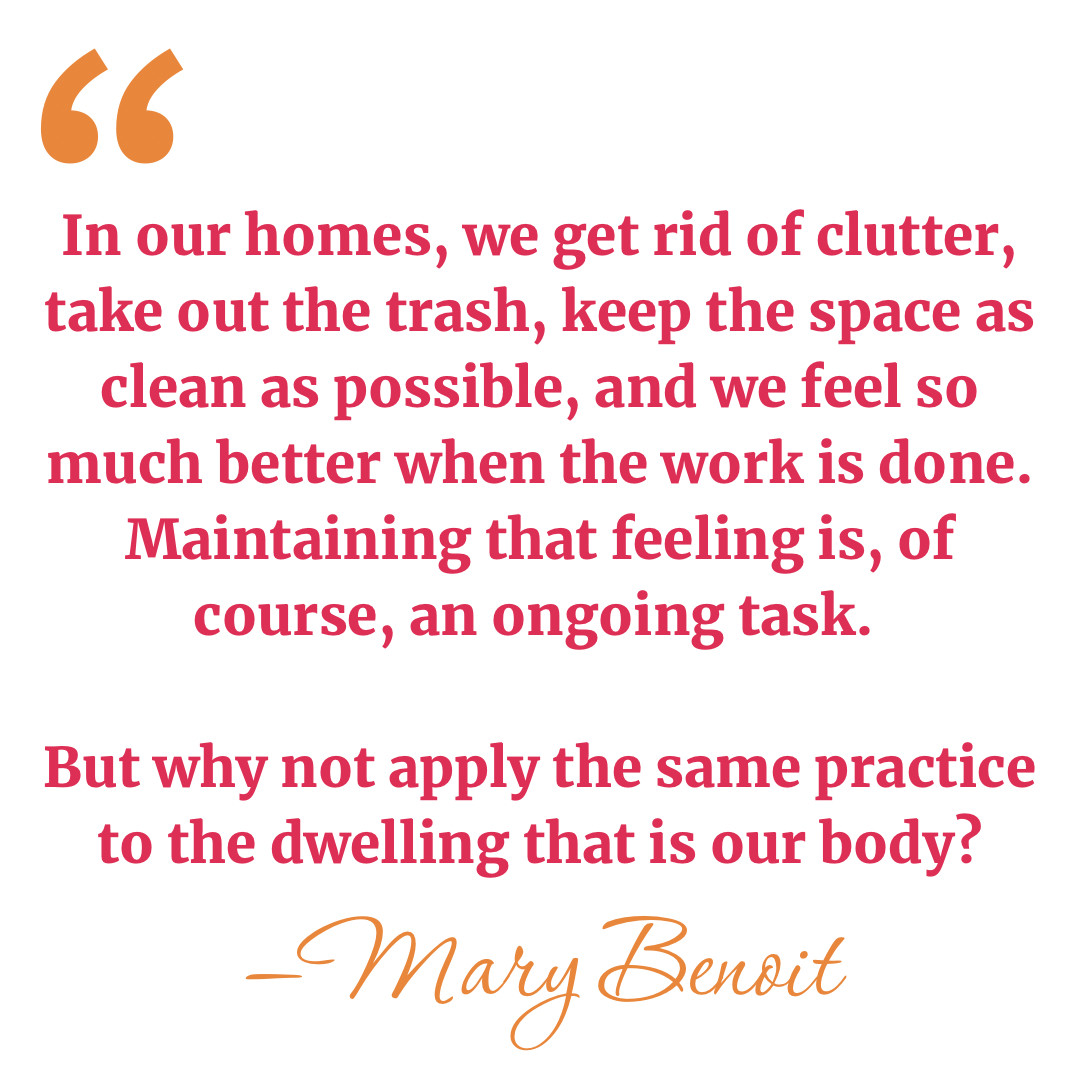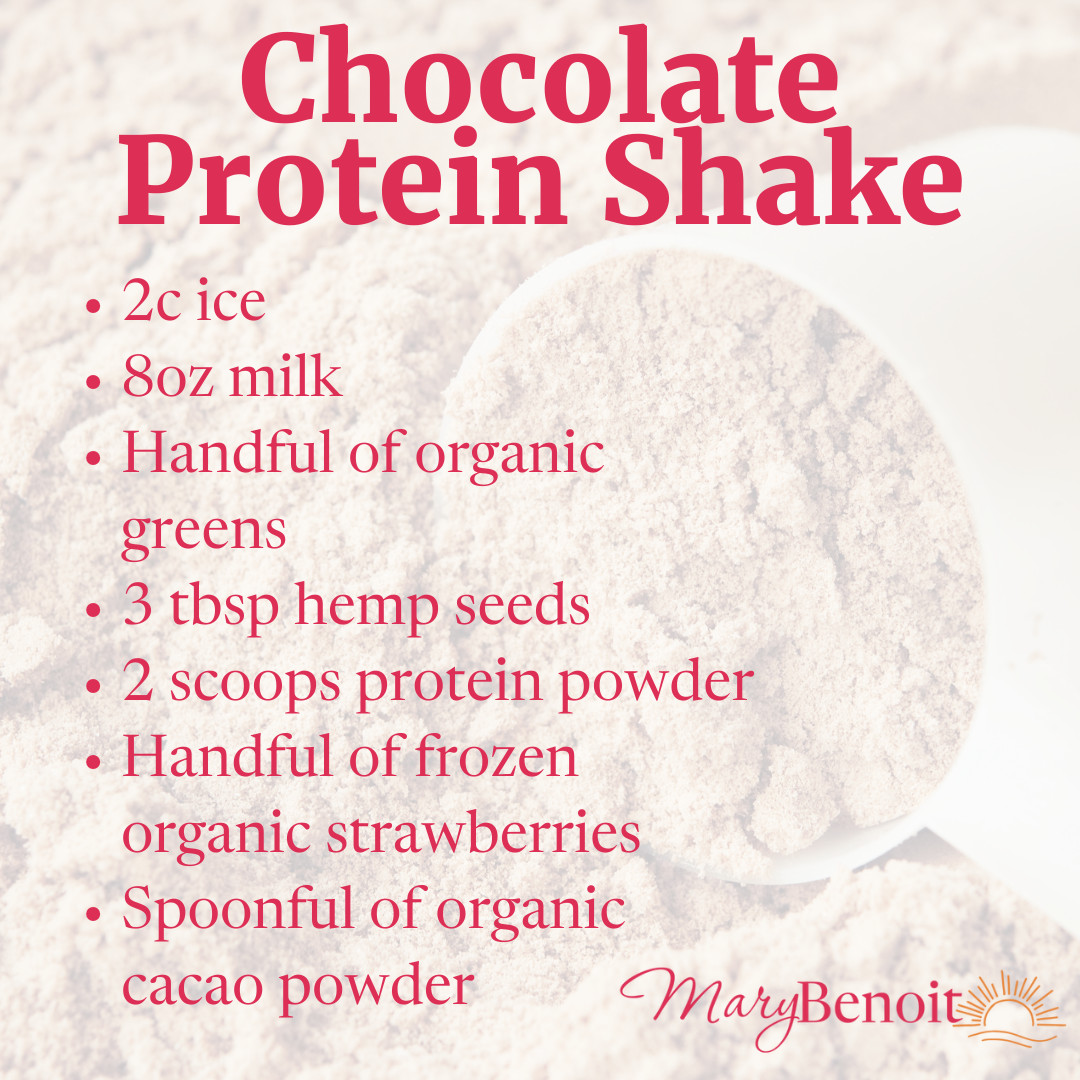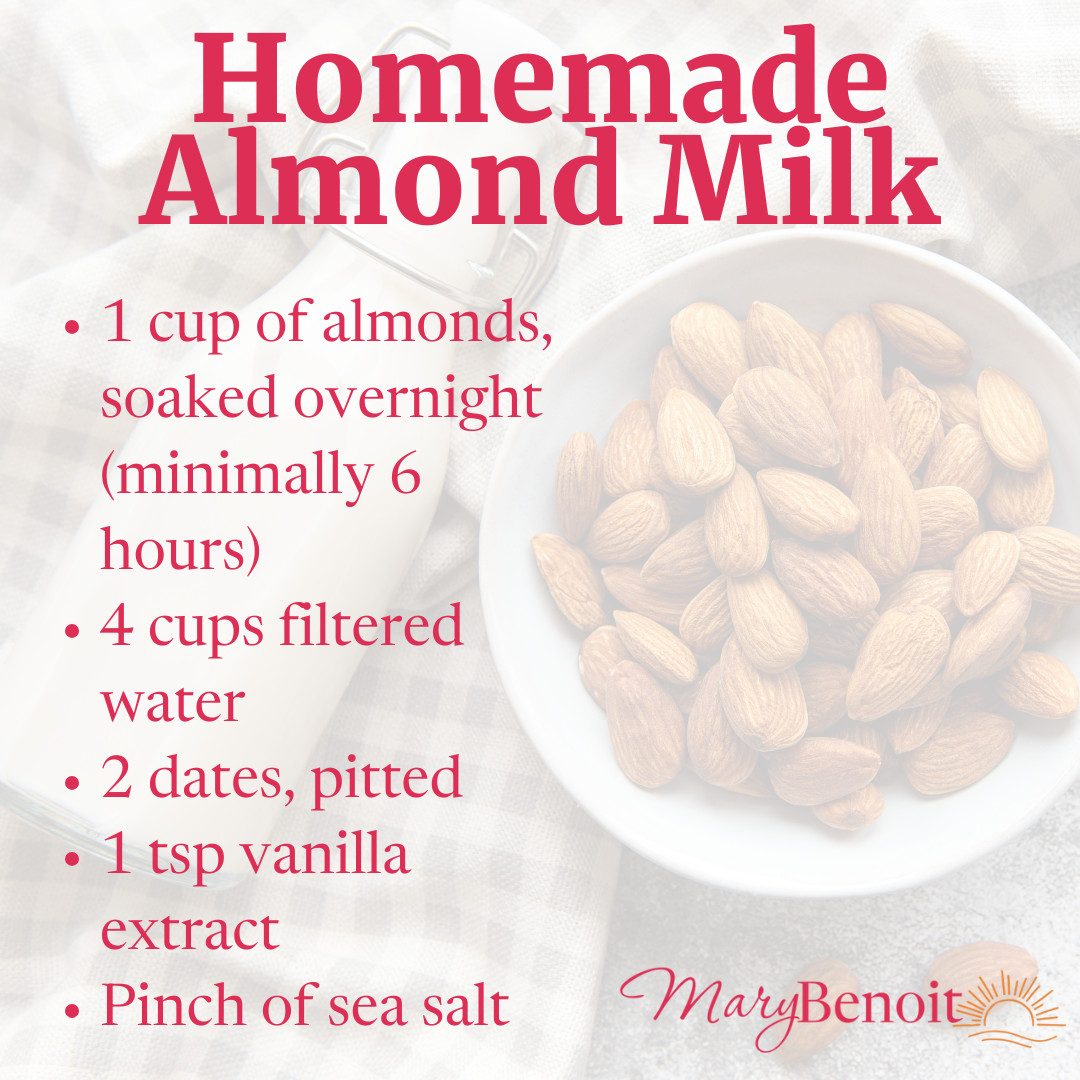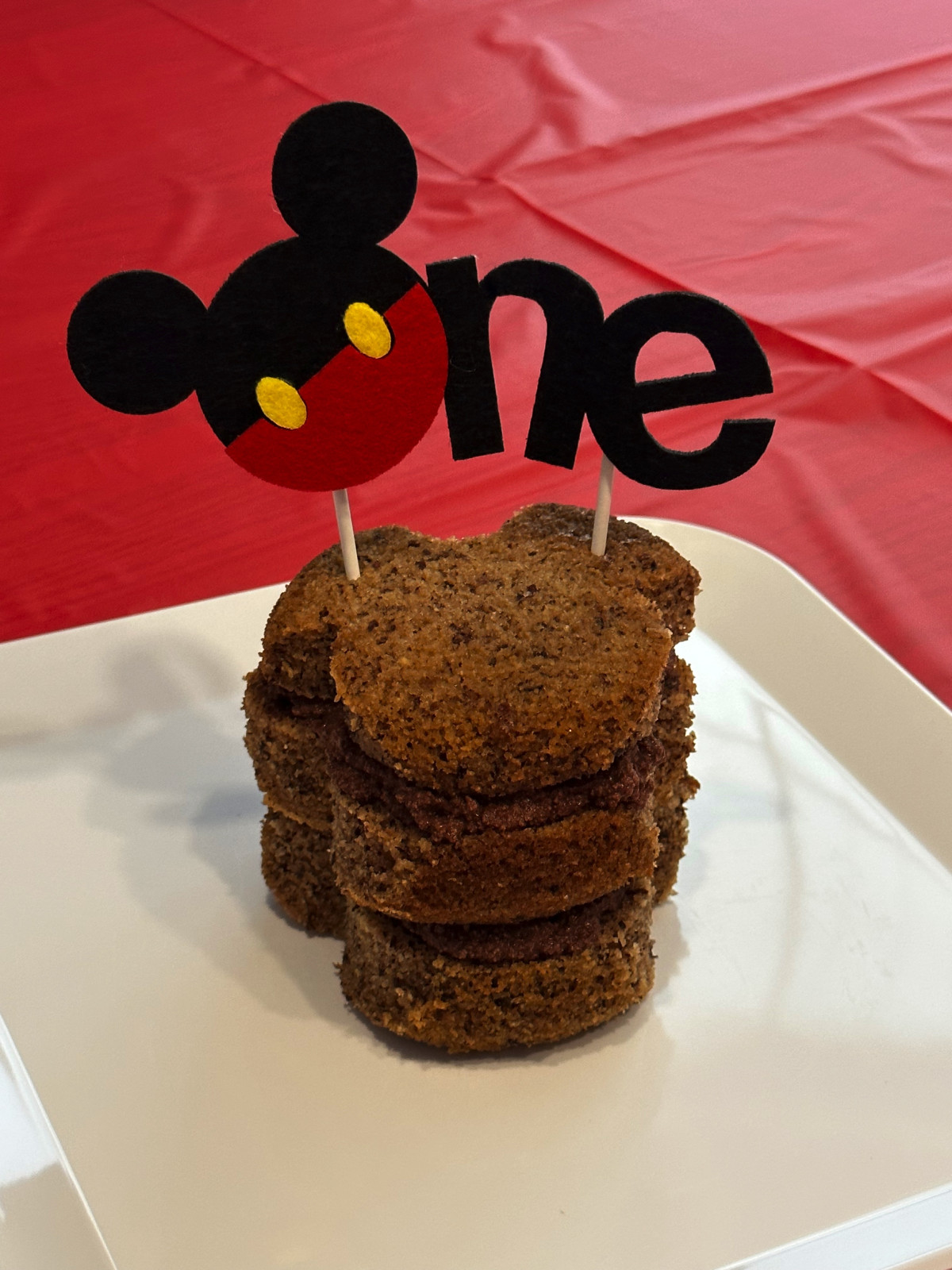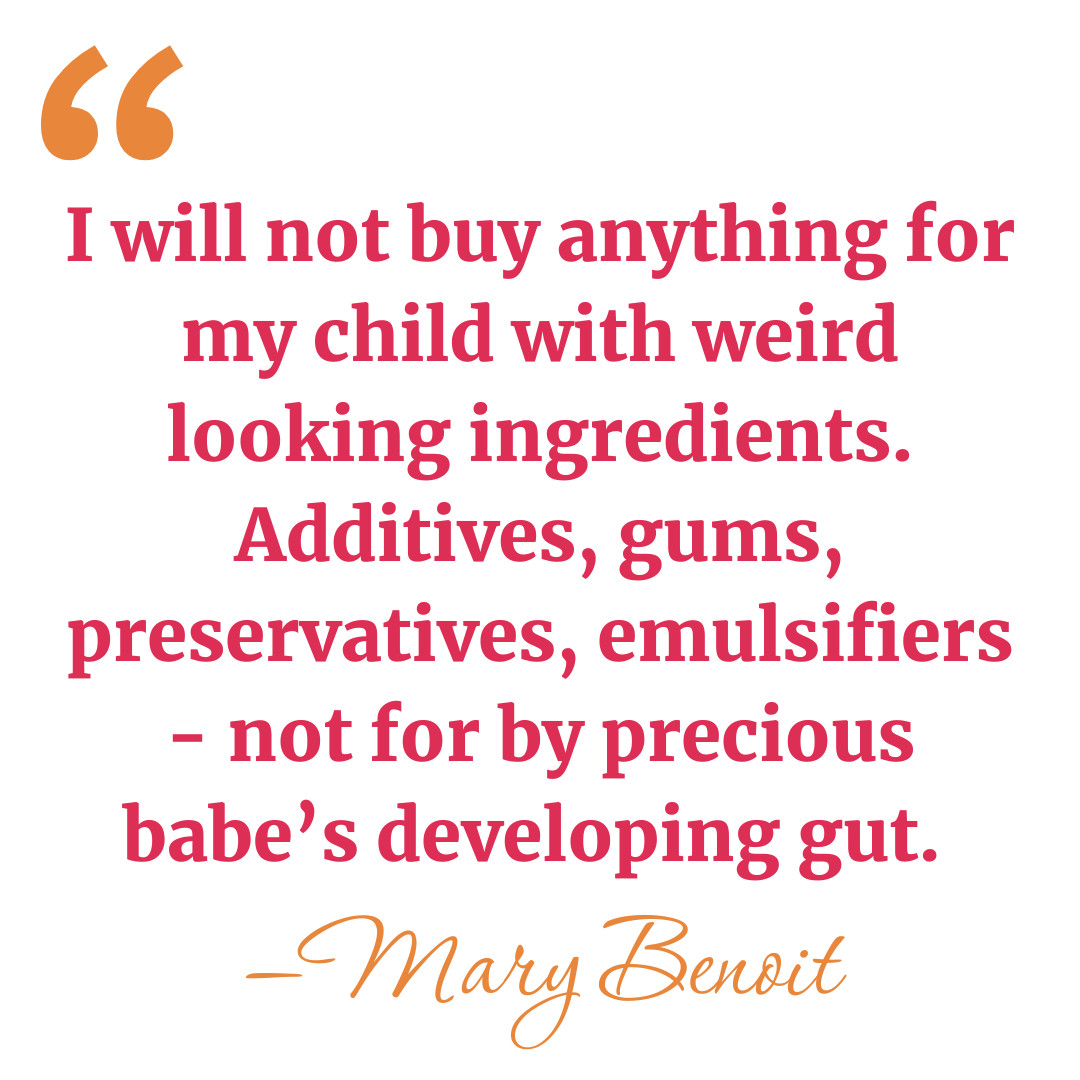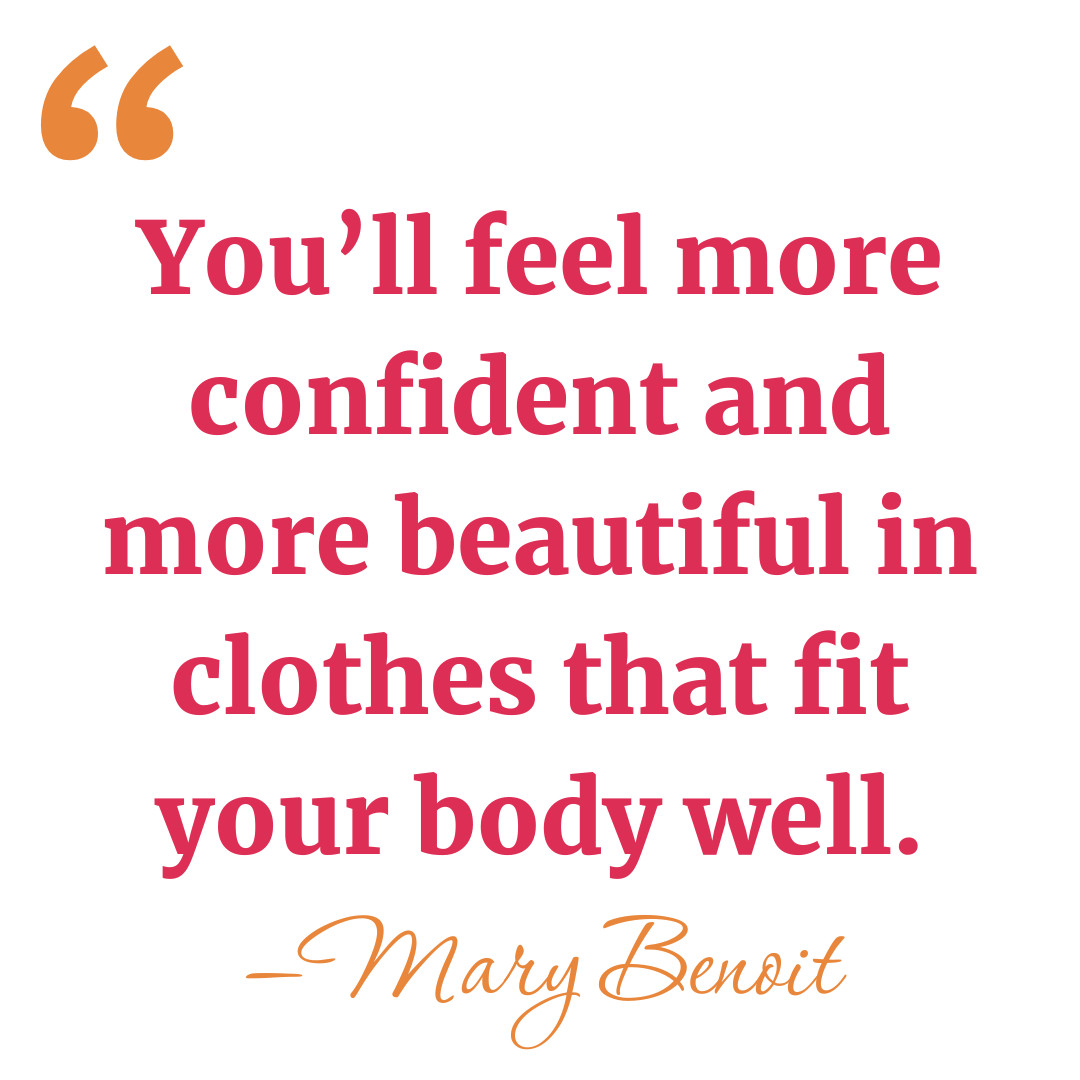There are different kinds of eczema. It doesn’t look the same for everyone. But it’s embarrassing and painful. That much is the same across the board.
For me, eczema looked like I was wearing gloves. Every single person thought it was SO odd that there was such a defined line right at my wrist. My hands would get beet red when I had a really bad flare up, and that was more often than not. This was so bad that I was asked it if was sunburn several times. Nope, it’s eczema. But it sure does burn.
If I was really lucky, the back of my hands, my knuckles, and even my fingers would crack almost like winter skin. But it was year round.
It was downright awful. And I had no idea what was causing it. The worst part? Neither did the dermatologists. They ran some tests and determined it was environmental. I was instructed to stay away from products with Fragrance, and I was prescribed a topical steroid ointment and cream.
The ointment and cream really did help a lot, but the eczema kept coming back. And those topicals were not cheap. So it came time for another prescription refill, and in an act of frustration and desperation, I decided to figure out for myself what was causing my eczema. Naturally I turned to Google: “Causes of eczema.” (And for the record, I do believe if one finds herself dependent on a prescription to cover up a symptom, she at least owes it to herself to try to find the root of the problem.)
Something came up that caught my eye. It’s called Leaky Gut. What they don’t tell you in western medical practices is that eczema is totally and completely related to the health of your gut. This blew my mind. This was a complete game changer. But this was just the beginning of the road.
This started my journey of healing my gut. For me, this looked like working with a Health Coach in her Gut Health workshop. I cut way down on processed foods, started changing out products in my home for plant-based options without chemicals, and took healing supplements like probiotics, hemp oil & detoxers.
I learned about the bacteria in your gut. How you have good bacteria and bad bacteria, and this is normal. But when the bad bacteria outweigh the good bacteria, that’s when you have issues like eczema, acne, infertility, anxiety, depression, fatigue. You know that saying about a “gut feeling”? There’s truth to that because your gut is truly your second brain. Some would argue it’s your first. When there's something in your body that feels "off," healing your gut will likely solve a lot of your problems.
I was mind. blown. when I found out everything gut health impacts. (I was also a bit upset - "WHY DID NO ONE TELL ME THIS BEFORE?") And like any health journey, it wasn’t quite linear for me. I still had work to do. There were still some missing pieces I had to pull together. But we’ll save that for next week.
For me, eczema looked like I was wearing gloves. Every single person thought it was SO odd that there was such a defined line right at my wrist. My hands would get beet red when I had a really bad flare up, and that was more often than not. This was so bad that I was asked it if was sunburn several times. Nope, it’s eczema. But it sure does burn.
If I was really lucky, the back of my hands, my knuckles, and even my fingers would crack almost like winter skin. But it was year round.
It was downright awful. And I had no idea what was causing it. The worst part? Neither did the dermatologists. They ran some tests and determined it was environmental. I was instructed to stay away from products with Fragrance, and I was prescribed a topical steroid ointment and cream.
The ointment and cream really did help a lot, but the eczema kept coming back. And those topicals were not cheap. So it came time for another prescription refill, and in an act of frustration and desperation, I decided to figure out for myself what was causing my eczema. Naturally I turned to Google: “Causes of eczema.” (And for the record, I do believe if one finds herself dependent on a prescription to cover up a symptom, she at least owes it to herself to try to find the root of the problem.)
Something came up that caught my eye. It’s called Leaky Gut. What they don’t tell you in western medical practices is that eczema is totally and completely related to the health of your gut. This blew my mind. This was a complete game changer. But this was just the beginning of the road.
This started my journey of healing my gut. For me, this looked like working with a Health Coach in her Gut Health workshop. I cut way down on processed foods, started changing out products in my home for plant-based options without chemicals, and took healing supplements like probiotics, hemp oil & detoxers.
I learned about the bacteria in your gut. How you have good bacteria and bad bacteria, and this is normal. But when the bad bacteria outweigh the good bacteria, that’s when you have issues like eczema, acne, infertility, anxiety, depression, fatigue. You know that saying about a “gut feeling”? There’s truth to that because your gut is truly your second brain. Some would argue it’s your first. When there's something in your body that feels "off," healing your gut will likely solve a lot of your problems.
I was mind. blown. when I found out everything gut health impacts. (I was also a bit upset - "WHY DID NO ONE TELL ME THIS BEFORE?") And like any health journey, it wasn’t quite linear for me. I still had work to do. There were still some missing pieces I had to pull together. But we’ll save that for next week.
If this was helpful for you, join my Facebook group where you can find more wellness tips – free of charge. <3
You can also grab my free guide on 3 Easy Steps to Lose Weight and Feel Amazing here.
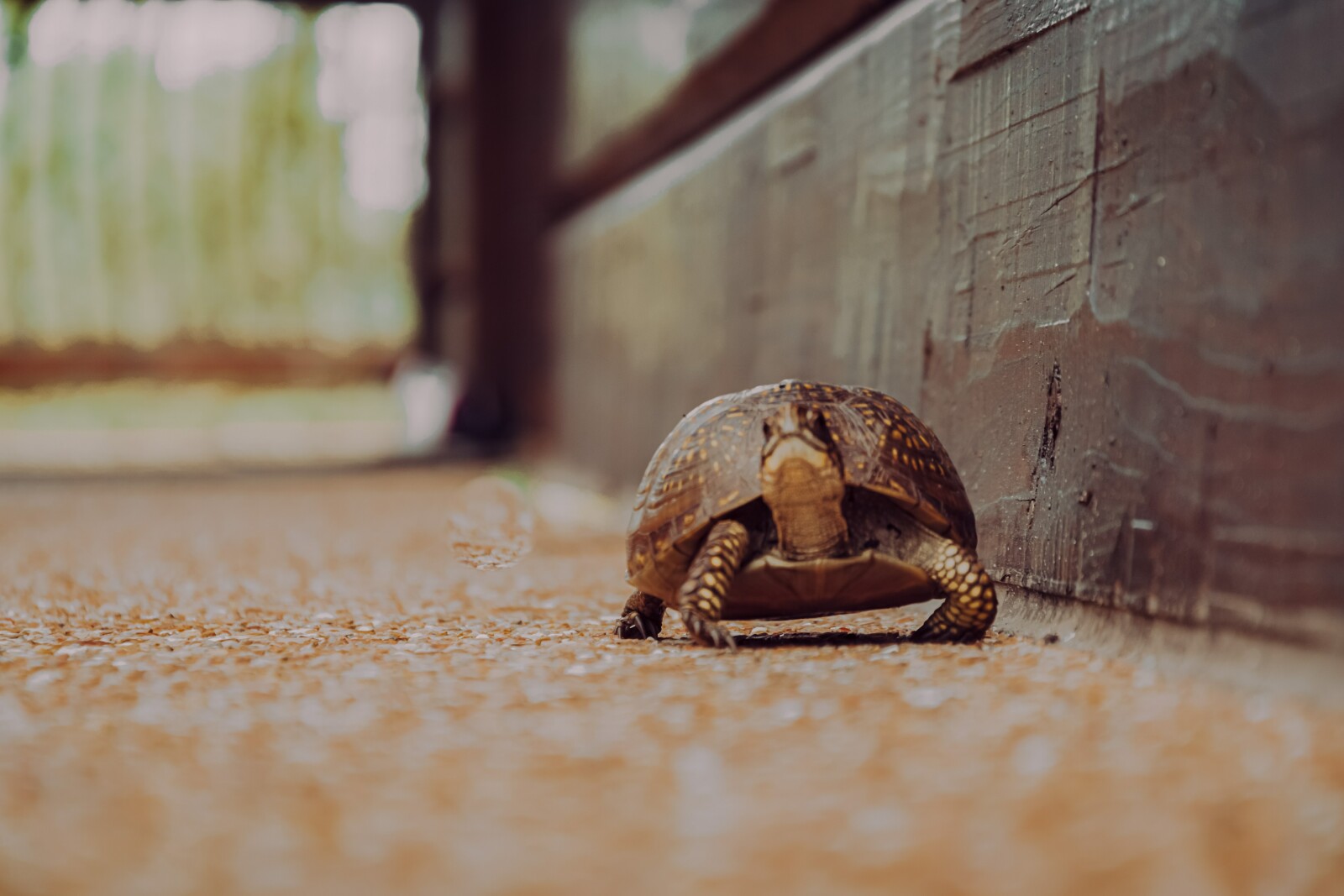
We live in a world of go, go, go. A global pandemic forced us all to take a pause for a little while, but a lot of us are back to being busy. A lot.
First of all, if you haven’t seen this said anywhere else yet: being busy is not a badge of honor. Being SO busy that you don’t have time to cook for yourself is not a badge of honor.
Being SO busy that you don’t have time to get 7-9 hours of sleep at night is not a badge of honor.
Being SO busy that you don’t have time to exercise or take the dog for a walk is NOT a badge of honor.
In fact, it’s a really great way to make yourself sick.
What do I mean by that? A state of constant stress wreaks havoc on your immune system.
Have you ever been fighting off a cold, but you have so much going on that you didn’t take the time to slow down and give your body the rest it needed to fight whatever bug off, so you ended up getting sick? Your immune system was under too much stress to do its job.
I recently learned that when a doctor performs an organ transplant, the patient is given a stress hormone that our bodies produce when under massive stress IN ORDER TO SHUT DOWN THE IMMUNE SYSTEM so the body doesn’t reject the new organ.
If that doesn’t paint a picture of the insane destruction stress has over our bodies, I don’t know what will!
Another saying you’ve probably heard is “you are what you eat.” Well, in health coaching I learned this saying should actually go “you are what you absorb.” If your body isn’t digesting properly, it won’t absorb properly.
In order to ensure optimal digestion, your body needs to be in a state of calm.
Your body is EITHER in “Fight or Flight” OR “Rest & Digest.” Can you guess which one you want to be in when you’re eating?
Fight or Flight is great if you’re being chased by a bear, but we don’t want or need that adrenaline rush when we’re eating.
In order to digest our food properly, our bodies need to be in Rest & Digest. This means making mealtimes sacred. This means turning off screens. This means NOT eating dinner in front of the TV or while scrolling instagram.
REST & digest. Give your body the chance it needs to calm down so it can function the way it was designed to.
First of all, if you haven’t seen this said anywhere else yet: being busy is not a badge of honor. Being SO busy that you don’t have time to cook for yourself is not a badge of honor.
Being SO busy that you don’t have time to get 7-9 hours of sleep at night is not a badge of honor.
Being SO busy that you don’t have time to exercise or take the dog for a walk is NOT a badge of honor.
In fact, it’s a really great way to make yourself sick.
What do I mean by that? A state of constant stress wreaks havoc on your immune system.
Have you ever been fighting off a cold, but you have so much going on that you didn’t take the time to slow down and give your body the rest it needed to fight whatever bug off, so you ended up getting sick? Your immune system was under too much stress to do its job.
I recently learned that when a doctor performs an organ transplant, the patient is given a stress hormone that our bodies produce when under massive stress IN ORDER TO SHUT DOWN THE IMMUNE SYSTEM so the body doesn’t reject the new organ.
If that doesn’t paint a picture of the insane destruction stress has over our bodies, I don’t know what will!
Another saying you’ve probably heard is “you are what you eat.” Well, in health coaching I learned this saying should actually go “you are what you absorb.” If your body isn’t digesting properly, it won’t absorb properly.
In order to ensure optimal digestion, your body needs to be in a state of calm.
Your body is EITHER in “Fight or Flight” OR “Rest & Digest.” Can you guess which one you want to be in when you’re eating?
Fight or Flight is great if you’re being chased by a bear, but we don’t want or need that adrenaline rush when we’re eating.
In order to digest our food properly, our bodies need to be in Rest & Digest. This means making mealtimes sacred. This means turning off screens. This means NOT eating dinner in front of the TV or while scrolling instagram.
REST & digest. Give your body the chance it needs to calm down so it can function the way it was designed to.
If this was helpful for you, join my Facebook group where you can find more wellness tips – free of charge. <3
You can also grab my free guide on 3 Easy Steps to Lose Weight and Feel Amazing here.

Stress management is huge. It impacts your whole world. How you talk to others, how you talk to yourself, how your food digests, the overall health of your body.
A body with well-managed stress is a lot healthier than a body that’s in fight or flight all the time.
And if you’re having gut health issues (eczema, acne, anxiety, headaches, fatigue), it’s that much more important to get your body out of fight or flight and into rest and digest.
Not to mention you just FEEL a million times better when you’re managing your stress appropriately.
Here are some of my favorite ways to manage stress:
1. Meditation
This is something I’ve only just started doing, but I’m already a huge fan. I’ve been starting with a 10 minute guided meditation, and I notice a massive difference in my stress (and patience) levels. I’m less likely to be triggered by things that usually annoy the heck out of me when I’ve done my meditation that morning. And I’m only 4 days in.
2. Yoga
It’s the stretching and the breath work. I have a feeling of zen I carry with me when I finish my yoga practice.
3. Connect with the Earth
Take your shoes and socks off, stand in the grass & just feel for a few minutes.
4. Essential oils
There are the obvious ones like Stress Away and Lavender, but Palo Santo and other tree oils are very grounding. Frankincense is another one that’s earthy and grounding. Valor and Peace & Calming are great ones to use too. Diffuse them, rub a couple drops together in your palms and take the scent in, put a drop or two on your wrists - there’s really no wrong way to do it. As long as you’re breathing in the scent, it’s working.
5. Sleep
Sometimes, you just need a good sleep. Take a nap, get 8-9 hours in, or just get under the covers and rest your eyes.
If you can find a way to work these into your daily routine, you'll be much better off - I promise! Which of these do you see yourself working into your morning routine? Your wind down routine? What are some of your favorite ways to manage stress? Let me know in the comments below.
A body with well-managed stress is a lot healthier than a body that’s in fight or flight all the time.
And if you’re having gut health issues (eczema, acne, anxiety, headaches, fatigue), it’s that much more important to get your body out of fight or flight and into rest and digest.
Not to mention you just FEEL a million times better when you’re managing your stress appropriately.
Here are some of my favorite ways to manage stress:
1. Meditation
This is something I’ve only just started doing, but I’m already a huge fan. I’ve been starting with a 10 minute guided meditation, and I notice a massive difference in my stress (and patience) levels. I’m less likely to be triggered by things that usually annoy the heck out of me when I’ve done my meditation that morning. And I’m only 4 days in.
2. Yoga
It’s the stretching and the breath work. I have a feeling of zen I carry with me when I finish my yoga practice.
3. Connect with the Earth
Take your shoes and socks off, stand in the grass & just feel for a few minutes.
4. Essential oils
There are the obvious ones like Stress Away and Lavender, but Palo Santo and other tree oils are very grounding. Frankincense is another one that’s earthy and grounding. Valor and Peace & Calming are great ones to use too. Diffuse them, rub a couple drops together in your palms and take the scent in, put a drop or two on your wrists - there’s really no wrong way to do it. As long as you’re breathing in the scent, it’s working.
5. Sleep
Sometimes, you just need a good sleep. Take a nap, get 8-9 hours in, or just get under the covers and rest your eyes.
If you can find a way to work these into your daily routine, you'll be much better off - I promise! Which of these do you see yourself working into your morning routine? Your wind down routine? What are some of your favorite ways to manage stress? Let me know in the comments below.
If this was helpful for you, join my Facebook group where you can find more wellness tips – free of charge. <3
You can also grab my free guide on 3 Easy Steps to Lose Weight and Feel Amazing here.
Do you ever skip breakfast? End up having lunch at 2? Eat your dinner just an hour or two before you go to bed?
I’ve definitely been guilty of this, and it does not make for a happy digestive system!
When I don’t stick to routine mealtimes, it completely throws everything off. I end up having a late dinner, and when this happens, I’m usually going to bed full.
At least for me, this makes for a night of less-than-ideal sleep, not to mention it’s not a healthy habit for keeping a healthy weight.
We all get busy. Life happens. Work gets overwhelming. You name it.
But know this: our bodies thrive on routine.
Don’t skip breakfast
Having a healthy breakfast in the morning will help curb cravings throughout the day. Have your breakfast at approximately the same time every morning to start your day off on the right foot. Plus, having your breakfast too late may cause you to have a late lunch, which pokes holes in the rest of your daily routine.
Eat lunch at the same time
Skip the snacking and go straight to lunch. Not only is this a great way to maintain a healthy weight (or lose weight if you’re a big snacker), but this will help keep your body in its routine and give you time to get hungry for dinner. Of course, if you really do get hungry between breakfast and lunch, don’t deprive yourself of food. The idea here is you’re not filling yourself up on snacking between breakfast and lunch that you don’t end up eating lunch until 2pm.
Have a set “dinnertime”
If you’ve followed the steps for breakfast and lunch, you’ll be hungry for dinner! The same idea goes here with snacking. Don’t overdo it to the point where you’re not hungry for dinner until 8pm. Having a stable eating schedule gives your body the routine it craves.
Don’t let busyness get in the way - and turn screens off
Make mealtimes a priority and set time aside to nourish your body. This is self-care! And if you can, turn the screens off while you’re eating. Most of us already have too much screen time in the first place, but the screens are also a distraction. While you’re eating, focus on eating. This will help keep you from overeating, and will help get some family bonding time in – or just some me-time.
If this was helpful for you, join my Facebook group where you can find more wellness tips – free of charge. <3
You can also grab my free guide on 3 Easy Steps to Lose Weight and Feel Amazing here.
So, we know skin health and gut health are closely related. Can we then make the connection that what we eat and the supplements we take can impact our skin health? Yes, absolutely!
Probiotics are huge. They’re not for everyone, especially those that are immunocompromised, like those with cancer. Anyone with SIBO (small intestinal bacterial overgrowth) is better off without a probiotic as well. Other than that, being on a probiotic is a good idea for most people.
Why is that? Because probiotics feed the good bacteria in your gut. You have good bacteria and bad bacteria in your gut. This is normal, and it’s true for everyone.
The issue that comes in is when the bad outweighs the good. The Standard American Diet (yes, that’s a thing, and it’s ironic that it spells out the word ‘sad’) is notorious for feeding the bad bacteria. It’s filled with highly processed foods, large amounts of refined sugar & way too much salt.
This is why probiotics (and prebiotics – what the probiotics feed on) are so important. This is what nourishes your gut health, which we know impacts your skin health.
So, the next question might be where can you find a probiotic, or which one you should buy? This varies for everyone. Generally speaking, high quality probiotics usually require refrigeration. And some probiotics even contain prebiotics as well! (Remember? The stuff that feeds the probiotic.)
As far as where to purchase - you can find them online or at your local health food store. I usually don't advise getting supplements from Amazon or any "major" grocery store. My favorite brands are Young Living and Nature's Sunshine.
*Update: I started taking Seed in June 2023, and I love it. Probiotics, prebiotics, and it actually doesn't need refrigeration!*
You’ll know if a probiotic is working for you because usually, if you’re paying attention to your body and you have an idea of what ‘wellness’ feels like for you, you will be able to feel a difference. You may also see a difference in your skin.
Being on a probiotic also helps with regular bowel movements, so that’s also a sign it’s working.
If for some reason the particular probiotic you have chosen upsets your stomach, I’d stop taking it and try a different one.
Keep in mind when trying a new supplement (not just a probiotic), a good rule of thumb is to give it 3 months until you decide it’s “not doing anything.” It can take a bit for your body to catch up, and it takes 3 months for a cell to change.
Like any supplement, it’s important to be consistent. I take my probiotic at night, but if you remember better in the morning, that’s fine too. Find what works with you and stick with that!
If this was helpful for you, join my Facebook group where you can find more wellness tips – free of charge. <3


